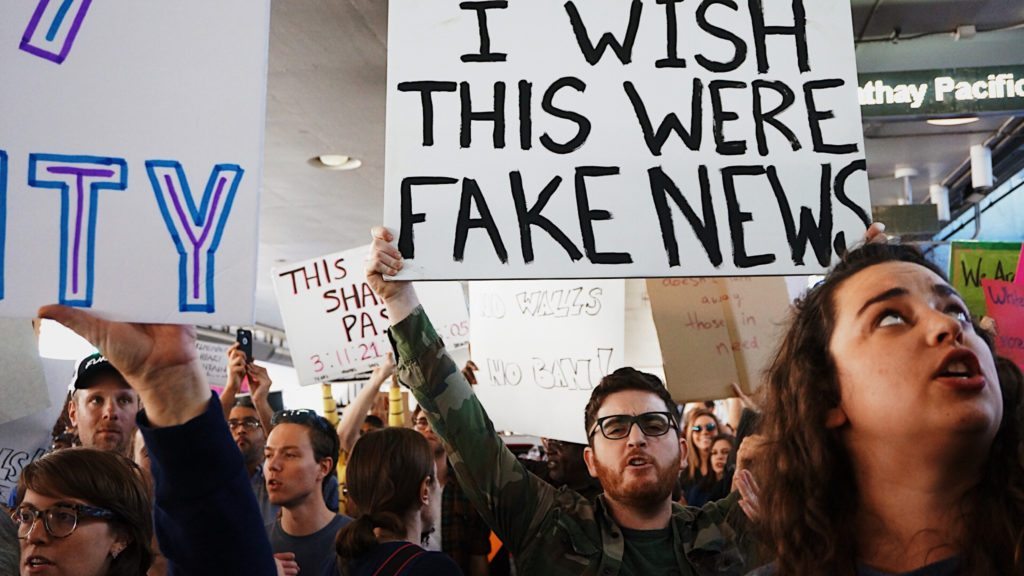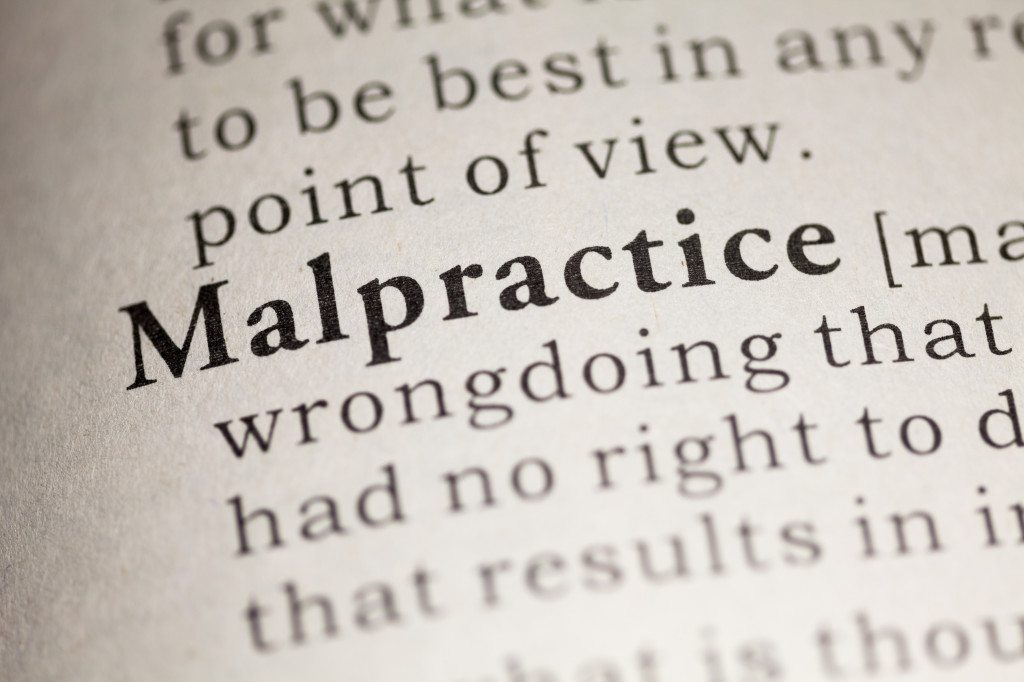Litigators Beware: Bad News Can Trigger USPTO Ethics Investigation
Bad news sells. As the author Douglas Adams observed, “Nothing travels faster than the speed of light with the possible exception of bad news, which obeys its own special laws.” Take IP litigation, for example. The mainstream IP media regularly reports on both allegations and court decisions regarding issues relating to attorney conduct–or alleged misconduct. […]
Litigators Beware: Bad News Can Trigger USPTO Ethics Investigation Read More »







